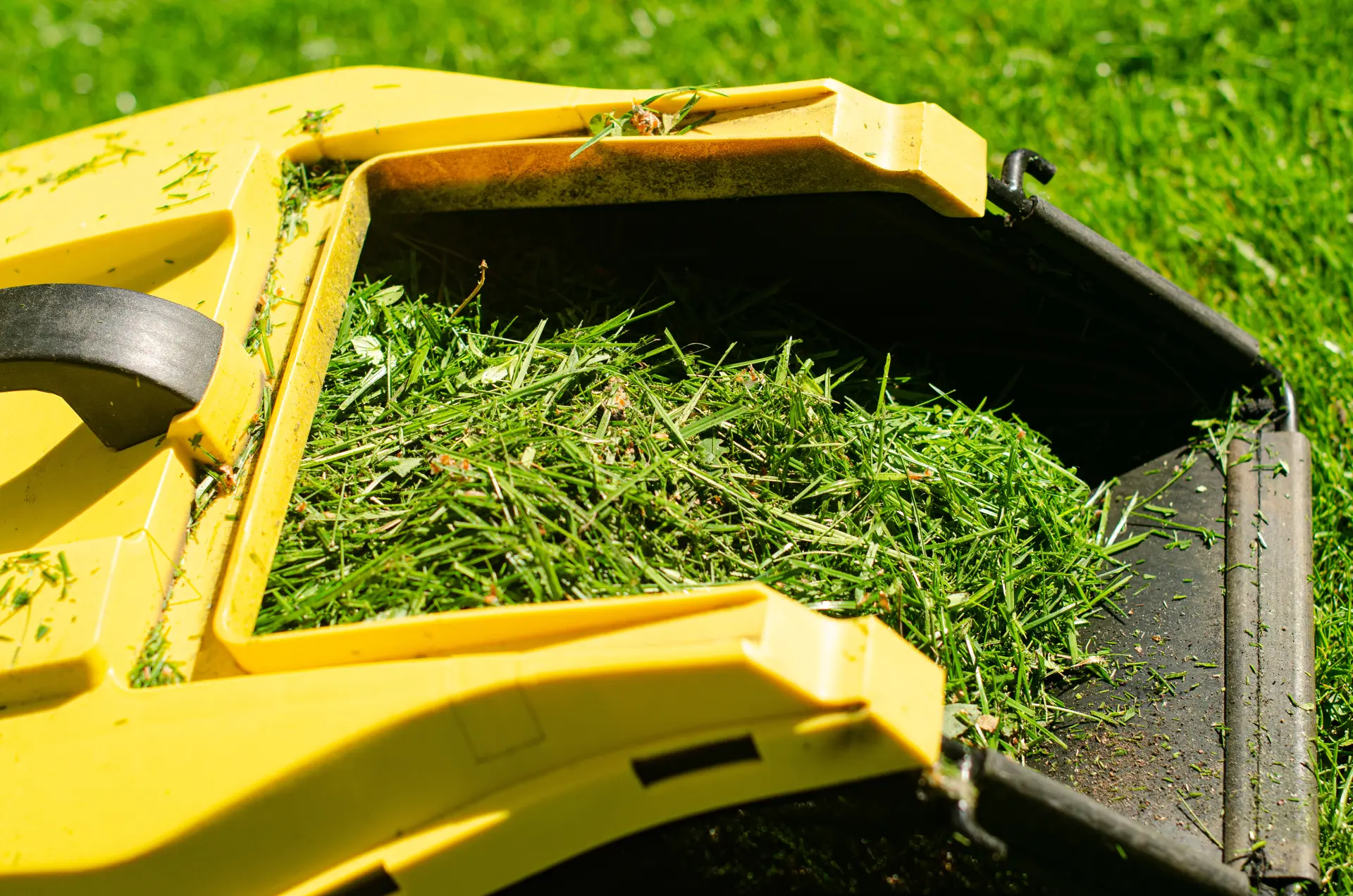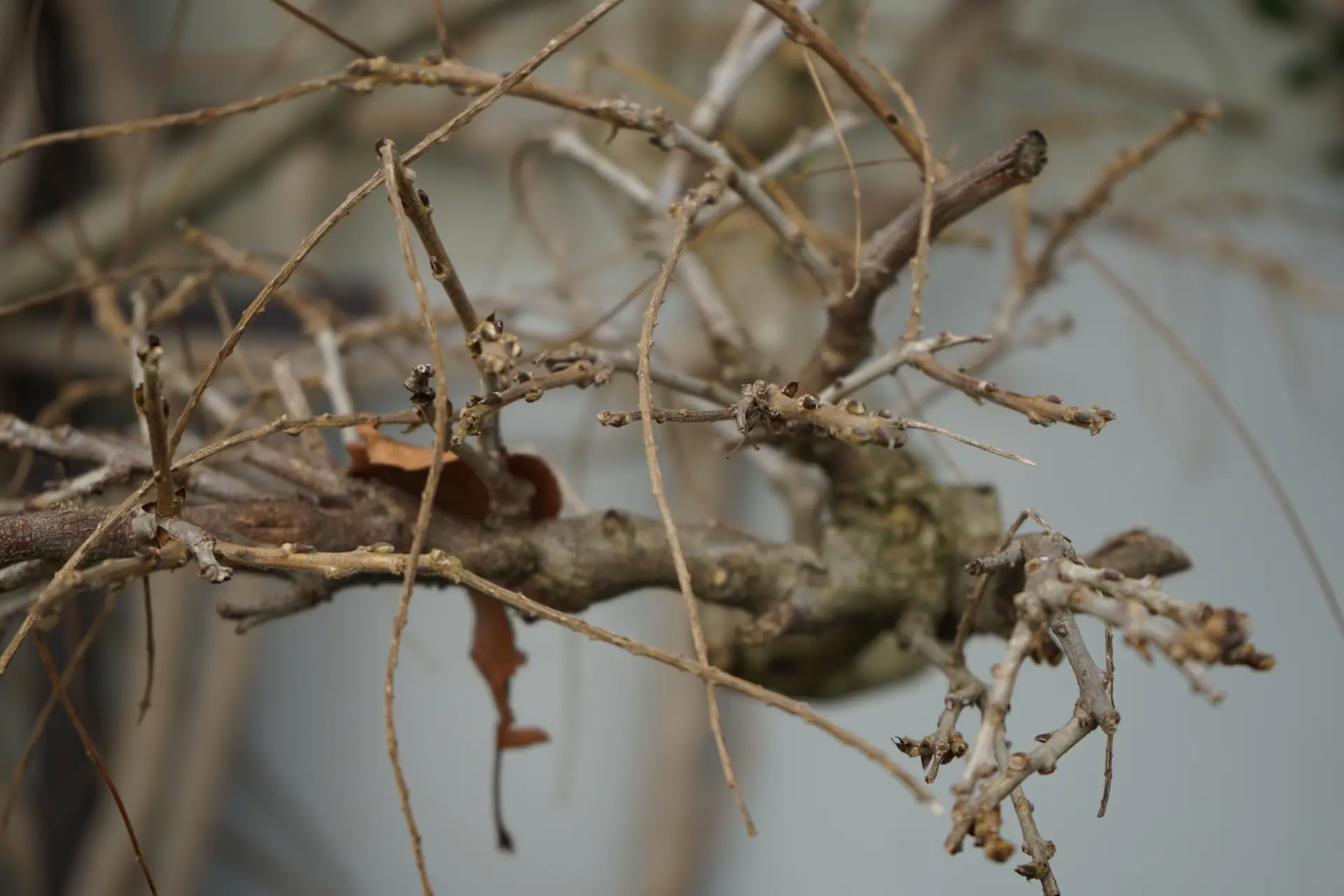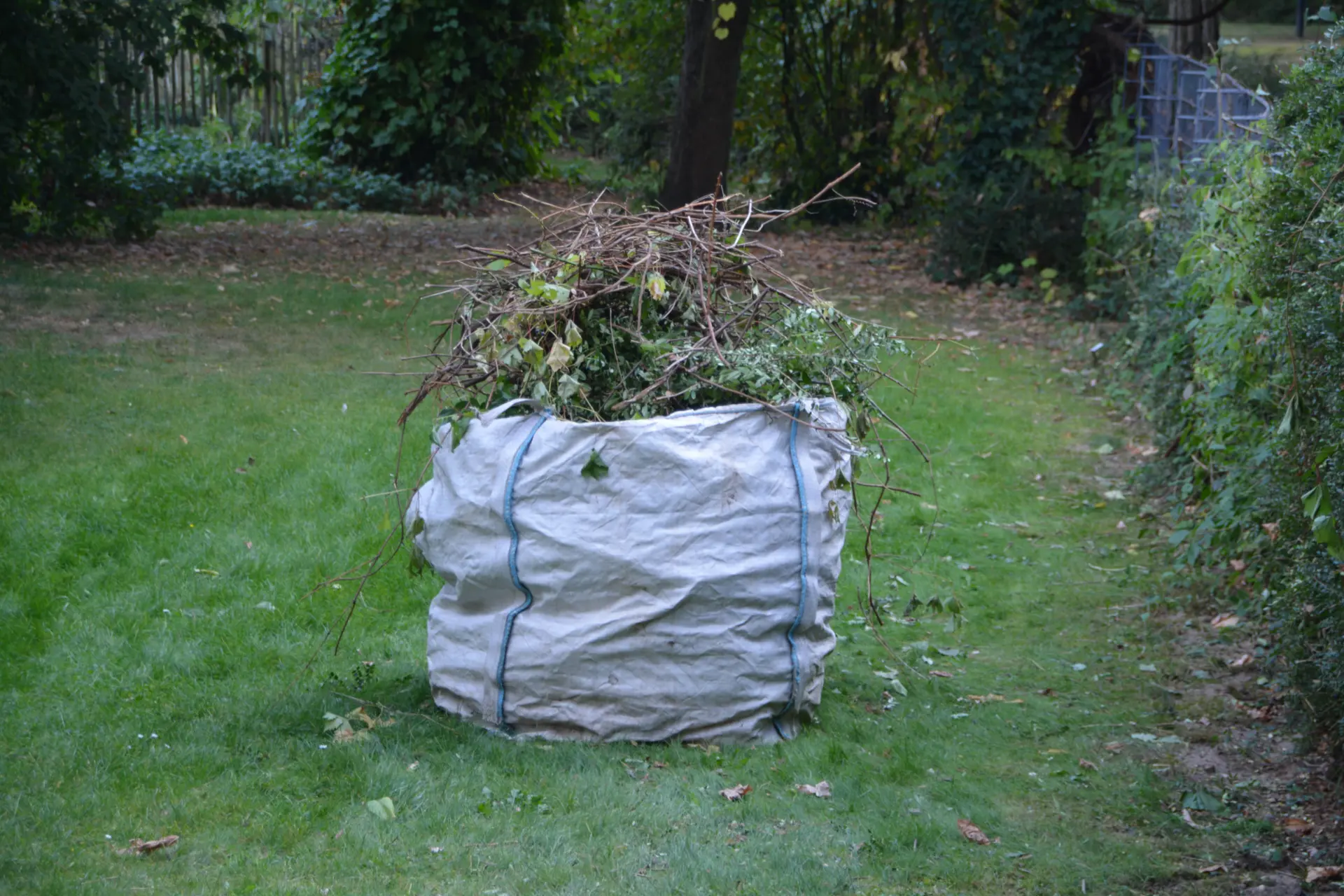Garden waste is part of looking after any outdoor space. As the seasons change, so does the type and amount of waste you’ll deal with. From dead plants and grass cuttings to leaves and old mulch, it’s helpful to know what to expect and how to manage it.
Read our seasonal guide to garden waste disposal – Learn how to manage garden waste throughout the year with tips on composting, mulching, and seasonal clean-ups to keep your garden healthy and tidy.
Spring: Clearing Winter Debris and Fresh Growth
Spring is a time of renewal in the garden. Plants begin to grow again, but first, you’ll need to clear what winter has left behind. This often includes fallen branches, wet leaves, and tired mulch.
As beds are cleaned and shrubs trimmed, you’ll start to collect green waste like grass clippings and soft plant cuttings. These are perfect for composting and can help you build up a good mix of materials. It’s also a great time to feed your soil with compost or other organic matter before planting begins.
Summer: Managing Rapid Growth and Lawn Clippings
Summer brings fast growth and frequent garden tasks. Lawns need mowing, hedges need trimming, and flower beds often require attention. This can quickly lead to piles of clippings, prunings, and general waste.
Rather than bagging it all up, consider using some of it as mulch to keep the soil cool and moist. Regularly adding summer waste to your compost bin also keeps the process active, especially with the warmer temperatures helping break it down faster.

Autumn: Dealing with Leaves and Preparing for Winter
In autumn, garden waste builds up as trees drop their leaves and plants begin to fade. Many gardeners cut back perennials and remove old crops, producing a large amount of soft and woody waste.
Fallen leaves can be gathered to make leaf mould, which is excellent for improving soil texture. Healthy plant remains can go into your compost bin, but anything diseased should be thrown away. Clearing beds now also helps reduce problems with pests over winter.

Winter: Minimal Waste but Important Clean-Ups
Although growth slows down, winter still produces some garden waste. Wind may bring down branches, and some plants will die back naturally. Tidying up these remains keeps your garden looking neat and prevents decay from spreading.
Composting slows in cold weather, but turning your compost pile occasionally will help it continue breaking down. This season is also a good time to plan ahead and find areas where you might improve drainage, raise beds, or adjust how you manage waste.
Home Composting Through the Seasons
Composting is useful all year round, but what you add depends on the season. In warmer months, green waste like clippings and fresh leaves is easy to find. In colder months, you’ll have more brown waste, like twigs and dry leaves. A good compost pile needs both.
Over time, this waste turns into rich compost that improves your soil and helps plants grow strong. If home composting isn’t for you, many areas offer garden waste collection services to help manage it throughout the year.
We offer professional garden waste collection services across Truro and all of West Cornwall. Whether you're dealing with hedge cuttings, fallen leaves, or a complete garden clearance, our fully-licensed team provides fast, reliable and eco-friendly solutions for homes and businesses.

